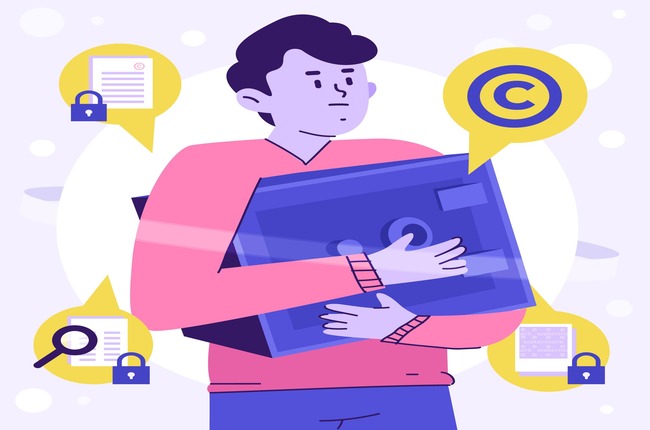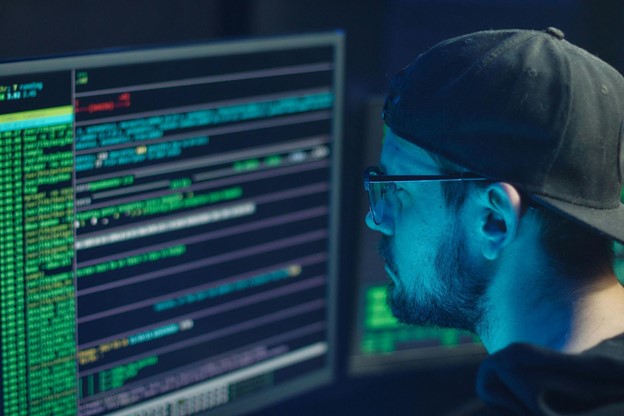
VPN Security: How a VPN Can Improve Student Privacy and Data Security
College Students and VPNs: Keeping Your Data Safe on Campus
College life runs on Wi-Fi. You know the drill – cloud folders for assignments, random all-nighters on public networks, coffee shop internet between classes. Thing is, every single click leaves a trace. Downloads? Tracked. Messages? Also fair game. Advertisers, hackers, and even bored classmates can peek in if you’re not careful.
That’s why VPNs are becoming a go-to tool. They create this encrypted tunnel between your laptop and some server far away. Suddenly, your traffic is invisible. Nobody sees what you Google or what you’re downloading. Even that late-night message asking someone to write a paper for me is hidden. Without a VPN, sending drafts across dorm Wi-Fi is like shouting your passwords in the quad. With one, it’s just random code. No one’s reading that.
This isn’t about hype. It’s about knowing how VPNs work, if they’re worth it on campus, and what to watch out for. By the end, you’ll know if this should be part of your study kit.
Why VPNs Actually Matter for Students
Here’s the reality: students hop networks all the time. Dorm Wi-Fi, library guest networks, the café across the street. Each one is a risk. Hackers only need one weak spot to grab your traffic.
Do VPNs really work? Many wonder if these tools truly keep data safe.
A VPN fixes this by scrambling everything before it leaves your device. But how does a VPN protect you? By encrypting your data, it makes your school logins and private chats safe from prying eyes. Sure, universities promise “secure portals,” but let’s be real — their public networks rarely get much love from IT. Someone could easily set up a fake hotspot, your phone connects without you noticing, and boom — your stuff is gone,
International students use VPNs for another reason: blocked resources. Some journals, research tools, even news sites are geo-locked. A VPN reroutes your connection, making it look like you’re somewhere else. It’s like carrying a digital passport.
For many students, a VPN also acts as a mental switch. Once it’s on, you feel more in control of your online world. It’s a signal to slow down, stop clicking random pop-ups, and take privacy seriously. That change in mindset often leads to better digital habits overall, even outside campus life.
Then there’s the issue of group projects. When multiple people edit files and send sensitive info back and forth, you can’t control everyone’s security settings. One person using a VPN can at least make sure their side of the exchange isn’t wide open. In study groups, that’s a big deal.
So How Does a VPN Even Work?
It’s simpler than it sounds.
Your VPN app creates a secret key. Everything you send gets scrambled with that key. The data travels through a tunnel to a VPN server. Only then does it hit the internet. When stuff comes back, it’s encrypted again and only your device can unlock it.
What does that mean for you?
- Someone running a packet sniffer on dorm Wi-Fi will see nothing but gibberish.
- Netflix thinks you’re in the VPN server’s city, not your dorm.
- Files you send for group projects arrive intact, not tampered with.
Do VPNs Work on Campus? Or Just Slow You Down?
People on Reddit argue about this nonstop. So here’s the deal.
Good VPNs keep speeds pretty close to normal. Maybe you’ll lose 10% on wired networks, a little more in crowded dorms. But they still handle HD streams and Zoom calls.
Cheap or free VPNs? Totally different story. They might leak DNS requests, which means snoops still see the sites you visit. Some don’t even have a kill switch—if the connection drops, your data leaks.
Premium services avoid these fails. They use:
- Local servers for better speeds.
- Automatic reconnection if one server dies.
- Kill switches to block all traffic if the tunnel breaks.
How to Choose a VPN Without Losing Your Mind
The app store is full of shiny logos claiming “best VPN for privacy.” Here’s how to cut through the noise:
- No logs. If they keep records of what you do, walk away.
- Friendly jurisdiction. Avoid services in countries with strict data laws.
- Good encryption. AES-256 or WireGuard are solid.
- Multiple devices. You’ll want it running on your laptop, phone, tablet all at once.
- Plenty of servers, both local for speed and global for access.
- Independent audits. If no one’s checked their claims, skip it.
Setting It Up (Takes Less Time Than Making Coffee)
On laptops, download the app, sign in, and hit connect. Done. Phones? Same deal. Chromebooks usually run Android VPN apps just fine.
Consoles and TVs don’t support VPNs directly. But if you set it up on your router, everything that connects runs through it.
Two tips:
- Turn on auto-connect at startup.
- Keep it updated. Old versions have holes.
Mistakes That Kill Your VPN Protection
Students get VPNs and then mess up anyway. Here’s how:
- Turning it on only for banking but browsing unprotected the rest of the time.
- Ignoring updates that patch new security bugs.
- Leaving location services active, so apps still track you.
- Using sketchy free proxies on top of a VPN.
- Trusting public library computers that might have keyloggers installed.
A VPN isn’t magic. Combine it with strong passwords and two-factor logins to stay safe.
Perks You Didn’t Know About
This isn’t just about security.
- Shopping sites show different prices based on location. Switch servers, find discounts.
- Study groups sharing big files avoid exposing real IPs.
- Video calls stop stuttering on throttled networks.
- Gamers see lower ping on certain servers.
It’s also an eye-opener. Once you see how many sites block you by region, you start noticing digital barriers everywhere.
Bottom Line: Is a VPN Worth It?
Every assignment, every file you send depends on safe connections.
A VPN encrypts your traffic, hides your IP, and blocks trackers. Paired with good habits, it makes sketchy dorm Wi-Fi a lot less scary.
Is it worth five bucks a month? For most students, yes. Set it up once and forget about it. Focus on your work—not on who’s watching.





